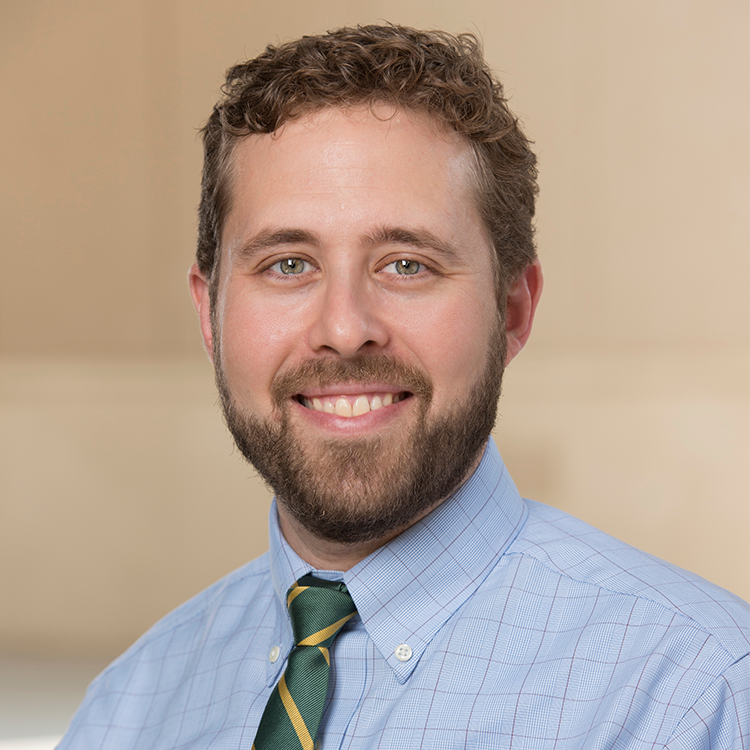
Dr. Andy Hoefer, Assistant Dean of the Honors College
What are your favorite aspects of the Honors College program?
Two things, which I can't separate: first, the opportunity to work with dedicated, motivated students in all majors from all over the country (and the world) and to get to do it over a longer period of time than just one class. Second, the opportunity to collaborate with dedicated, motivated faculty from all over the University. Every day, I get to meet faculty, staff, and students who are doing original things to address challenges and questions – many of which I didn't even realize were challenges and questions.
What has been the biggest change in the Honors College since you started?
The scale of what we do and who we engage. We've grown as a community – staff, students, and faculty – and yet I think we're offering more opportunities for each student than we ever have.
How does the University Scholars program add to the overall Honors community?
While the Honors College is celebrating its 10th Anniversary, it's important to remember that its roots are deeper. Among other things, it emerged from the legacies of the PAGES Program and the Mason, then University Scholars Program. Scholars from those pre-Honors College days serve Mason and our College now: on the Mason and HC advisory boards, as mentors for current students, and even as faculty at Mason.
Our expectation is that each University Scholar finds a way to contribute and serve Mason, as well as the Honors College, in the ways that are appropriate to them. As Director, it's my job to help the students find ways to earn the opportunities and privileges that have been offered to them. My hope is that, in nearly every good and important thing happening in our community, at least one University Scholar will be meaningfully contributing.
Honors College students talk about being inspired by the Honors College and the faculty. What about the students inspire you?
I am inspired by their aspirations. I think most of us look for examples and say, "I want to do that." That certainly describes me as an undergraduate. I looked for role models and tried to be like them. Almost everyday, however, I talk with Honors College students who are aspiring to do new, original things — things that no one they ever met has accomplished. That takes real vision. I'm proud every time I see and hear students with that vision, and I'm proud when they realize it.
First semester Honors students take Honors 110: Principles of Research. Why is this class so important?
The challenges that our world faces are significant but not insurmountable. Study solutions and answers come from honest and genuine inquiry, from openly asking questions. That process of inquiry needs to engage knowledge and wisdom from all the relevant stakeholders, and it must be grounded in evidence, not just how we feel about something. [Honors] 110 begins the process of learning how to effectively do this.
What is one thing about you that may surprise people?
I know way too much about the history of Saturday Night Live.
